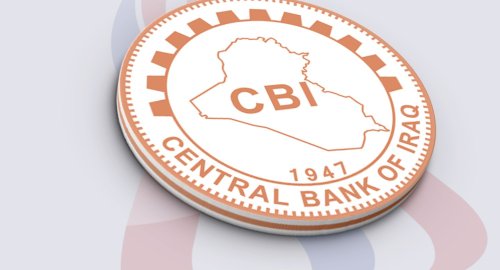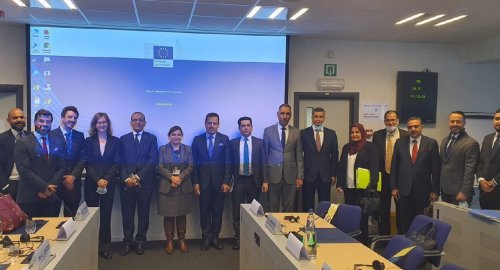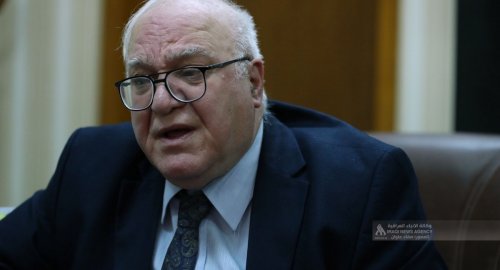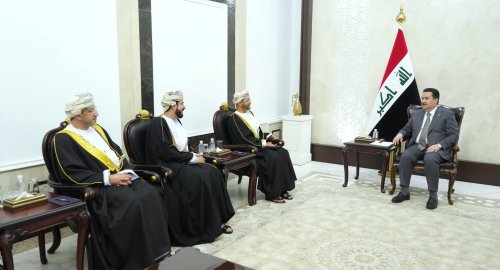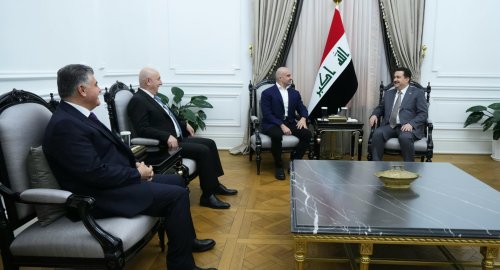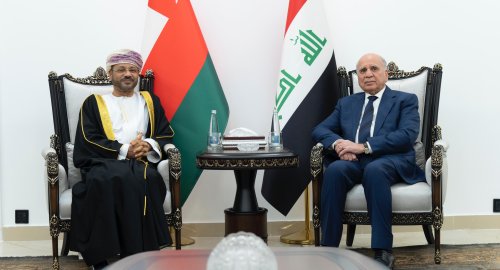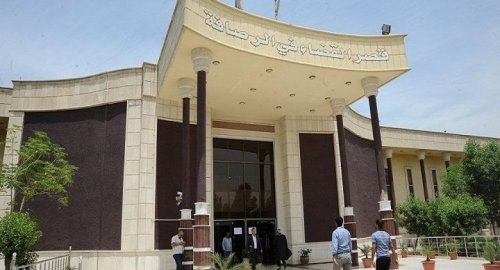
The judiciary warns against virtual money and reveals ways of money laundering in Iraq

- 31-08-2022, 13:29
BAGHDAD-INA
Rusafa Investigation Court, which is specialized in issues of integrity, money laundering and economic crime, confirmed Wednesday the ability of the regulatory and judicial authorities to reduce the crime of combating money laundering, warning of a new phenomenon that has occurred in the financial sector in Iraq, which is the phenomenon of virtual money that has no real existence, and entering them without any legal or official control, which could be a conducive pathway for the money laundering process.
Regarding the extent of the supervisory level over funds and the mechanism for their follow-up, Judge Munjid Ghazi Faisal said, in a statement followed by the Iraqi News Agency (INA), that “transfers made by all financial institutions, both internally and externally, are subject to the (national division) system established by the Central Bank as a component of Infrastructure of the retail payment system in Iraq, which one of its goals was to create a (database) for these transfers.
On the other hand, Ghazi mentioned "a new phenomenon that has begun to occur in the financial sector in Iraq, which is the phenomenon of virtual money, which does not have a real existence and is traded only through mathematical algorithms on the Internet and works without any legal or official control," warning that "It is a conduit conducive to money laundering and tax evasion."
He pointed out that "this money differs from electronic money, which is the subject of automatic payment systems, and it is legitimate money that refers to real cash," calling on the legislator "to address this phenomenon by issuing appropriate legislation to deal with it, especially with the historical collapse of its value that we have witnessed recently.”
The judge added, "One of the most prominent forms of international cooperation to confront this crime is the establishment of the FATF (Financial Action Task Force), an international organization established in Paris and working to enact international standards for combating money laundering and terrorist financing, and it also conducts permanent assessments to assess the extent to which countries comply with these legal and regulatory standards, this group has developed a series of recommendations that have become international standards for combating this crime and is also working to identify weaknesses at the international level with the aim of protecting the international financial system.
He pointed out to "Iraq's intention to join those institutions as a Egmont group an informal network of financial information units aimed at strengthening international cooperation and sharing information and providing financial information units in member states, that the Supreme Judicial Council in recognition of the importance and misconception of this crime, issued a number of directives confirming the procedure of the parallel financial investigation primarily with the prosecution of the crime's financial receivables."
Ghazi specified the most important obstacles facing the work of the court and other regulators in combating this crime, and foremost, "weak international cooperation and not answering from counterparties of anti-money-laundering offices in other countries, especially those that are safe havens for smuggled funds In addition to the full application of automation systems in some important circles as the real estate registration department," adding that "most of the perpetrators of money laundering offenses are buying real estate for hiding those funds or camouflage from their sources of income."
China Says It 'Firmly Opposes' US Military Aid To Taiwan
- International
- 07:36
First joint picture of Greenland Ice Sheet melting, ESA
- Multimedia
- 09:28
US Central Command: We killed ISIS terrorist leader Abu Yusuf in Syria
- International
- 24/12/20
Liverpool compete with Real Madrid to sign Olympique Lyonnais star
- Security
- 24/12/19
ISC, ADX discuss Strengthening Economic Ties
- Economy
- 24/12/16
Iraq assumes presidency of Arab Investment Company’s Executive Board
- Economy
- 24/12/17
